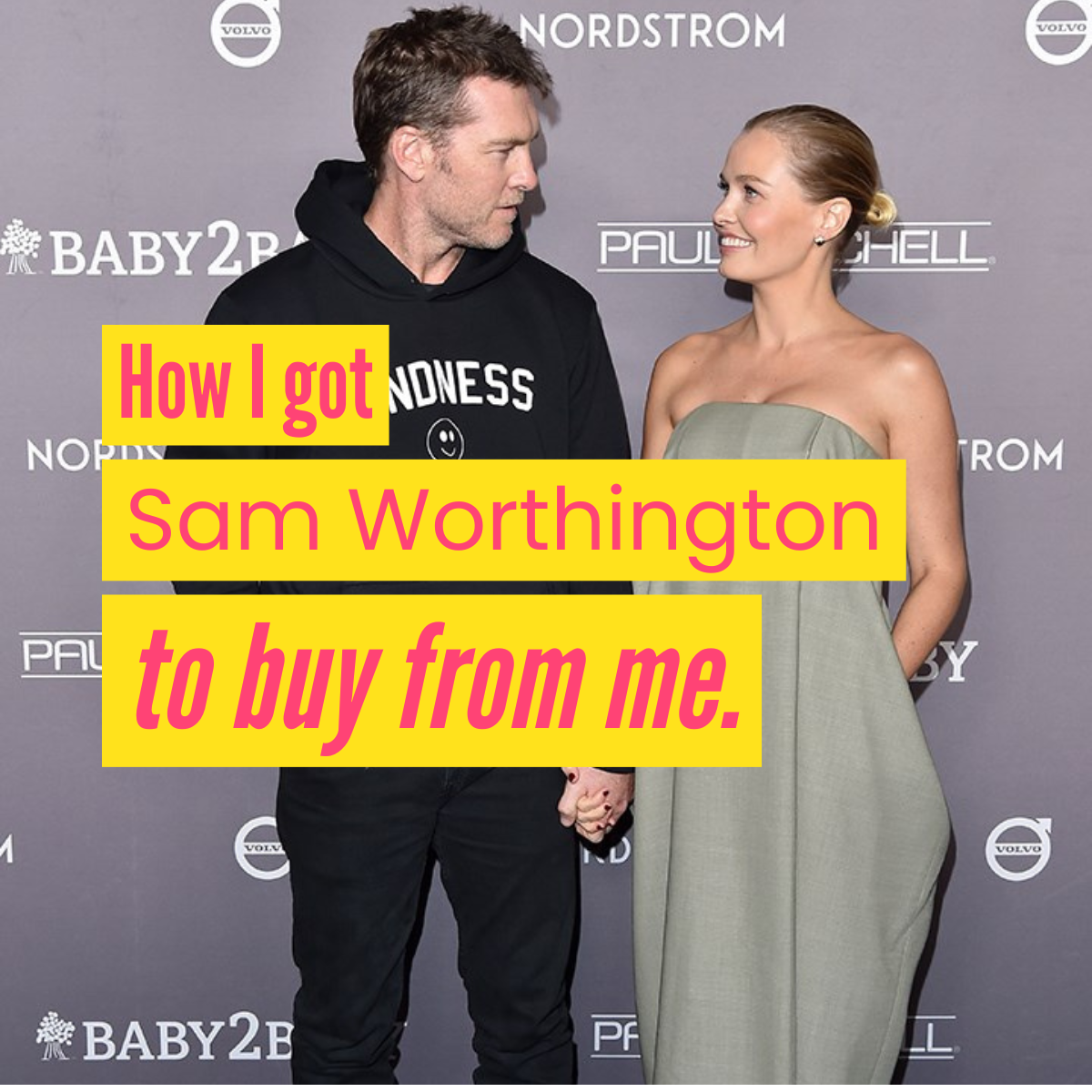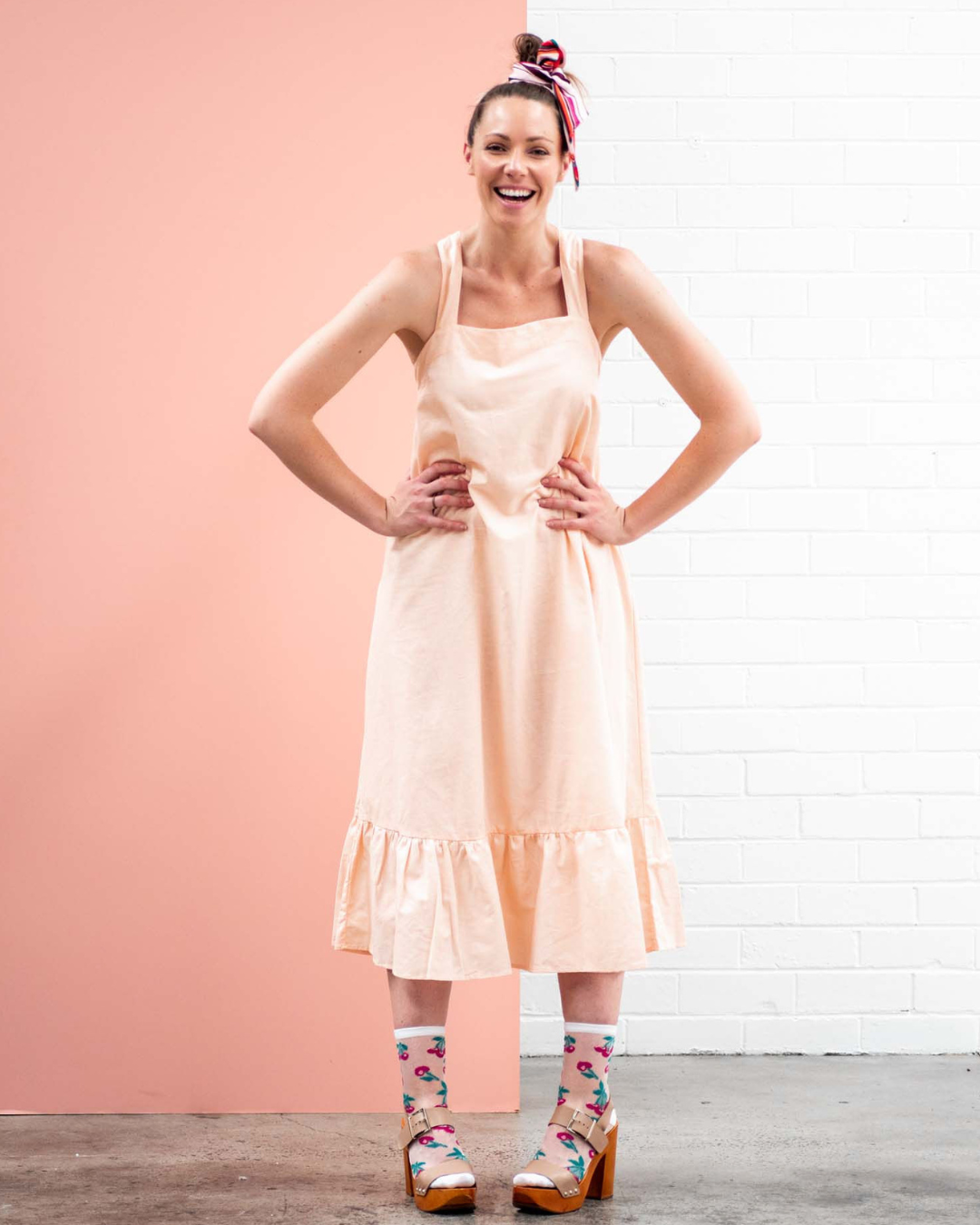If you missed this morning’s LIVE chat on Instagram, tune in next week and join the conversation. Every week, you have the opportunity to ask me anything about fashion, ethical manufacturing, sustainability and business to get the answers you need to grow your fashion business.
Marketing, PR, growth, wholesaling, social media, money, profit margins, sourcing and manufacturing… Whatever you’re struggling with – you can ask me for a solution – and today’s question was a really good one!
What is greenwashing and how do I avoid it in my fashion brand?
Greenwashing is rife in the fashion industry and it’s something we need to change. It’s called ‘greenwashing’ because fast fashion brands use ‘green’ language to brainwash their customers and make their products appear green and eco – when they’re not.
They use words like ‘eco-friendly’, ‘sustainable’ and ‘eco-conscious’, to make people think that their products are good when they’re bad. It’s a marketing tactic.
It's comparable to the way children's yoghurt brands market their products as 'healthy' when they're packed full of sugar.
It’s inauthentic, it’s lying, and it’s not ethical.
So how do you avoid it? How do you make sure what you’re saying is authentic and honest and true?
The first step is to do your homework. If you’re going to say you’re sustainable, you need to know what that really means. Research the fabrics and materials you’re using, find out if they are sustainable, find out what kind of environmental impact they have. If you know your materials and fabrics inside out, and they are sustainable, you can say they’re sustainable. Fabrics like polyester, Lycra, nylon and other petroleum-based synthetic fabrics aren’t sustainable.
The next thing you can look at is getting accreditations and certificates. There are industry bodies that exist to help simplify and clarify ethics and sustainability. Apply for accreditations and if you get one like the Ethical Clothing Australia stamp for example, that means you are ethical and you can say you are ethical. You don’t always have to get accreditations and certifications, but they do help to back up your claims.
The third thing you can do, is be honest. If you’re not yet ethical or sustainable but you want to be, that’s a great start, and that’s worth celebrating. If you want to make changes in your label and you want to start doing business more sustainably, be honest about where you’re at. Tell your customers what you’re working towards changing and if you’re honest, you’re not greenwashing. You’ll be authentic about what you’re currently doing, what you’re aware of that needs changing, and how you’re going to change it.
If you want to learn more about starting, running and building an ethical, sustainable, circular or slow fashion business, this is best place to start.
If you have another question for me, inbox me on Instagram here.
Claire x




